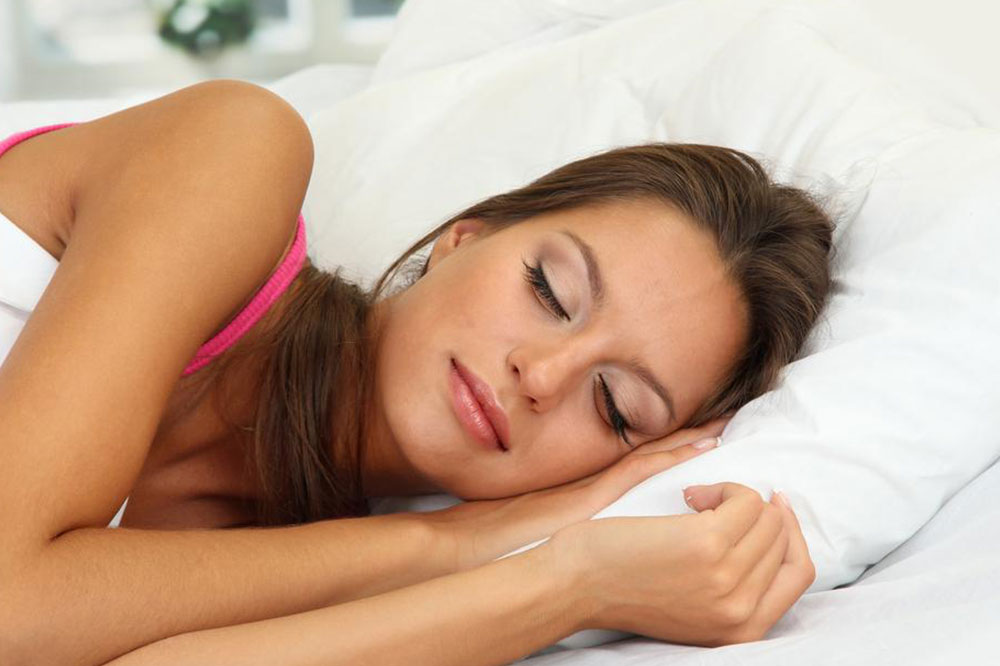
Signs and Symptoms of Sleep Apnea
Sleep apnea is a sleep disorder where an individual’s breathing stops and starts repeatedly throughout sleep. The frequent and involuntary pauses in breath results from blocked airways or some signaling problem in the brain, namely obstructive sleep apnea and central sleep apnea respect
Sleep apnea is a sleep disorder where an individual’s breathing stops and starts repeatedly throughout sleep. The frequent and involuntary pauses in breath result from blocked airways or some signaling problems in the brain, namely obstructive sleep apnea and central sleep apnea, respectively. This process will happen unknowingly throughout the sleep, and the person will start sniffing, taking deep breaths, or even awaken with gasping or choking sensations.
If left untreated, this condition can be dangerous and can lead to serious health complications like heart diseases. It can also increase the risk of feeling drowsy while working or while driving, leading to accidents.
Signs and symptoms of sleep apnea are pretty different during the daytime and the night.
However, it’s important to know some hard-hitting facts about sleep apnea. These key points about sleep apnea are:
- One in five individuals have mild symptoms of obstructive sleep apnea, and one in fifteen people have severe symptoms of sleep apnea.
- Only 20% of the total number of individuals suffering from this condition have been diagnosed.
- Women in the menopausal and postmenopausal stages are at a higher risk of developing this condition.
- Sleep apnea is pretty common in individuals aged over 50, but it can affect individuals of all ages, including children.
The different symptoms of sleep apnea
Daytime symptoms
The signs and symptoms of sleep apnea during the daytime include:
- Waking up in the mornings with a very sore or dry throat
- Early morning headaches
- Excessive fatigue during the daytime
- Poor concentration
- Feelings of depression and irritability
- Extreme sleepiness during the daytime and while doing daily activities
- Lack of energy throughout the day
- Sleepiness while driving
Night time symptoms
An individual will of the show the following signs and symptoms of sleep apnea during the night:
- Loud and persistent snoring
- Several pauses in breathing
- Experiencing choking and gasping for air during sleep
- Restless sleep with recurrent awakenings and insomnia
- Visiting the bathroom frequently
Other common signs and symptoms of sleep apnea include:
- Confusion, frequent mood changes, and forgetfulness
- A significantly decreased interest in sex
- Having a dry mouth for the most part of the day and night
Risks of untreated sleep apnea
It’s also important to know the short-term and long-term health risks of sleep apnea, including:
- Irregular heartbeat
- High blood pressure
- Heart attack and other heart ailments
- Stroke
- Type 2 diabetes
- Significant decrease in production at the workplace
Risk factors for sleep apnea
The following are the various factors that greatly increase the risk of developing sleep apnea:
- Obesity is one of the risk factors since fat deposits around the upper airway can obstruct breathing.
- Individuals with thicker neck circumference often have narrower airways than obstruct airflow.
- Having a narrow throat, tonsils, or adenoids enlarges and block the airway.
- A family history of sleep apnea significantly increases your risk of developing the same condition
- Regular consumption of alcohol or using sedatives can relax the throat muscles that lead to sleep apnea.
- Individuals who smoke are three times more likely to develop this condition due to inflammation with fluid retention in the upper airway.
- Nasal congestion causes difficulty in breathing through the nose and leads to obstructive sleep apnea.


